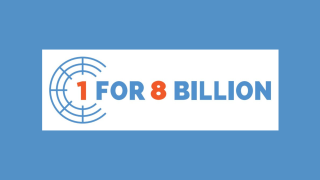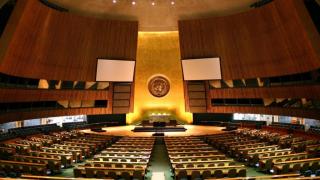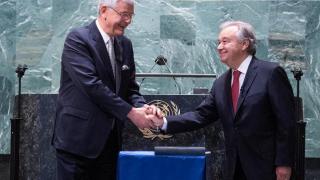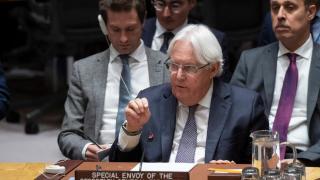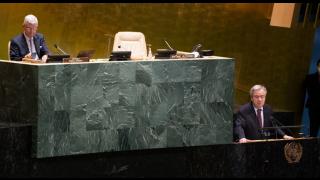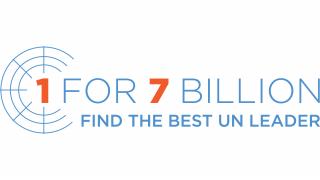
The UK Government has indicated its support for an improvement to the process for appointing the next UN Secretary-General that would see candidates set out their vision for the Organization as part of their campaign for the UN's top job.
The statement was made by Foreign & Commonwealth Office Minister Baroness Anelay in response to a question from Lord Hannay during yesterday's debate in the House of Lords.
This would be a departure from the current opaque system, which does not include formal provision for public hearings from candidates. Up until now, Secretaries-General have been selected in a closed process, dominated by the five veto-wielding members of the Security Council: China, France, Russia, UK and USA.
UNA-UK welcomes this development, which is aligned with two of the 10 urgent reforms proposed in our 1 for 7 Billion campaign:
- Each candidate should release a manifesto, which should include their policy priorities and a commitment to selecting senior UN officials on the basis of merit, irrespective of their country of origin
- Once the names of all candidates have been announced, the General Assembly should organise a series of open sessions that will enable member states as well as the public and media to scrutinise candidates and their manifestos
Click here for a complete list of 1 for 7 Billion campaign reform proposals
The Government's responses during yesterday's debate were not all positive. The suggestion from Baroness Falkner that the Security Council should put forward at least two candidates for the General Assembly to choose between did not garner support from the Government:
"The current system of selection, whereby the Security Council nominates a single candidate to the General Assembly, ensures that the candidate receives maximum support. This process has produced good consensus candidates in the past, and we would not want to see it significantly changed."
Later in the proceedings the current system of selecting the UN Secretary-General was denounced as "a travesty" by UN All-Party Parliamentary Group member Lord Dubs, who remarked that "no British employer operating an equal opportunities policy would be allowed to get away with such a shambolic approach". It was also lamented during the debate that in the 70 years since the UN was established, no women has ever held the UN's top job.
Click here to read the Hansard report of the debate
The Secretary-General of the United Nations has to confront the most difficult and complex problems we face. In 2016 a new Secretary-General will be appointed - it is crucial that the appointment system is improved in time to make a difference. This means influential states, including the UK, must be strong advocates for a process geared towards finding the best possible person for the job, irrespective of gender, nationality or background.

